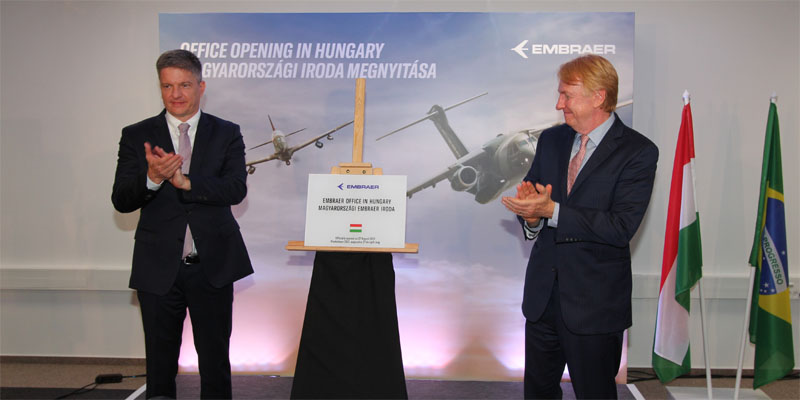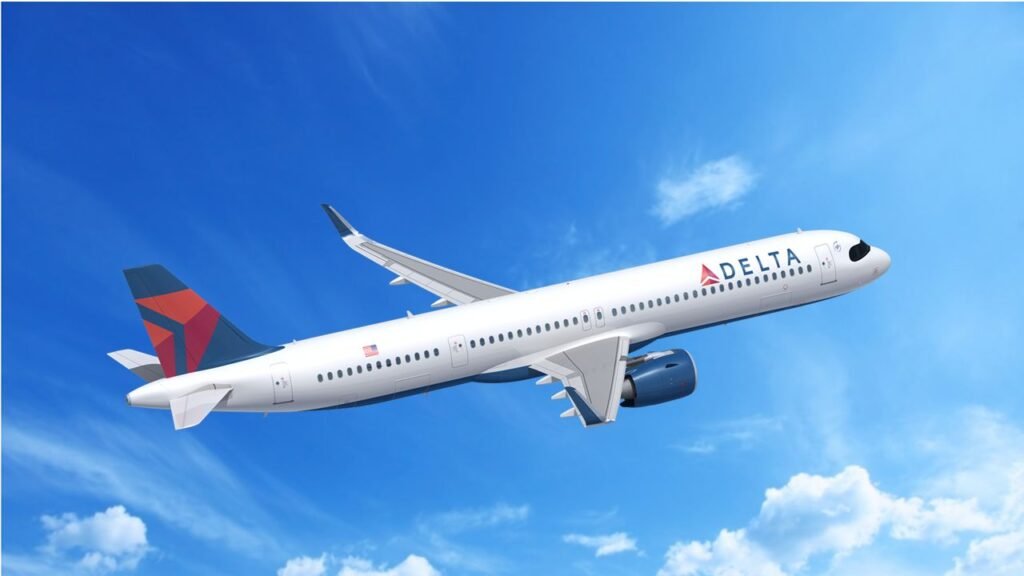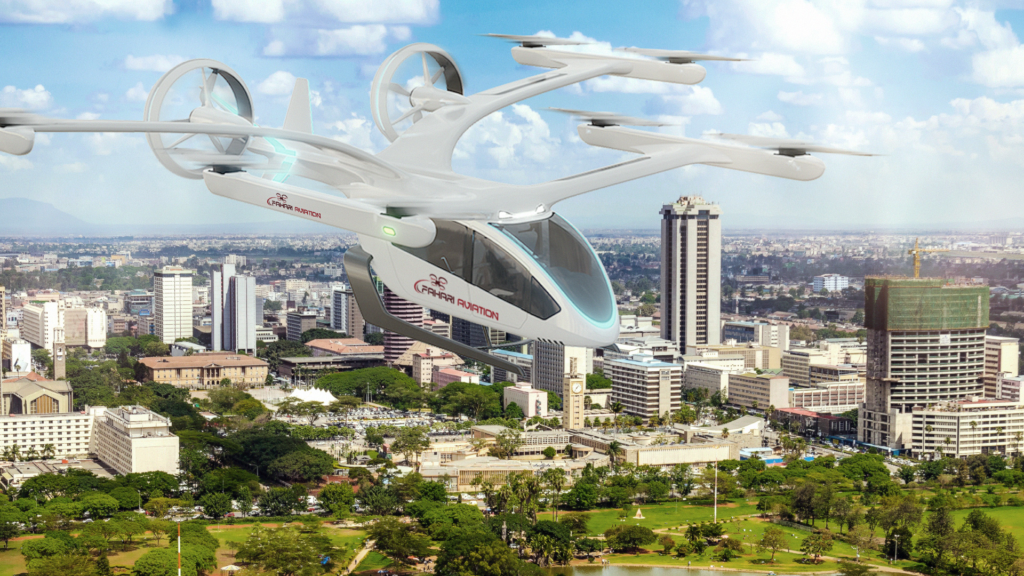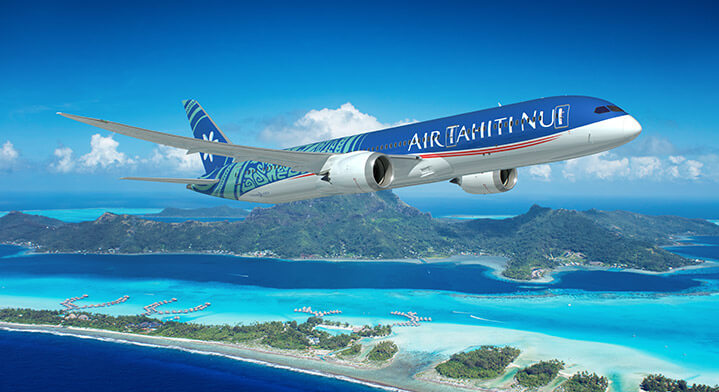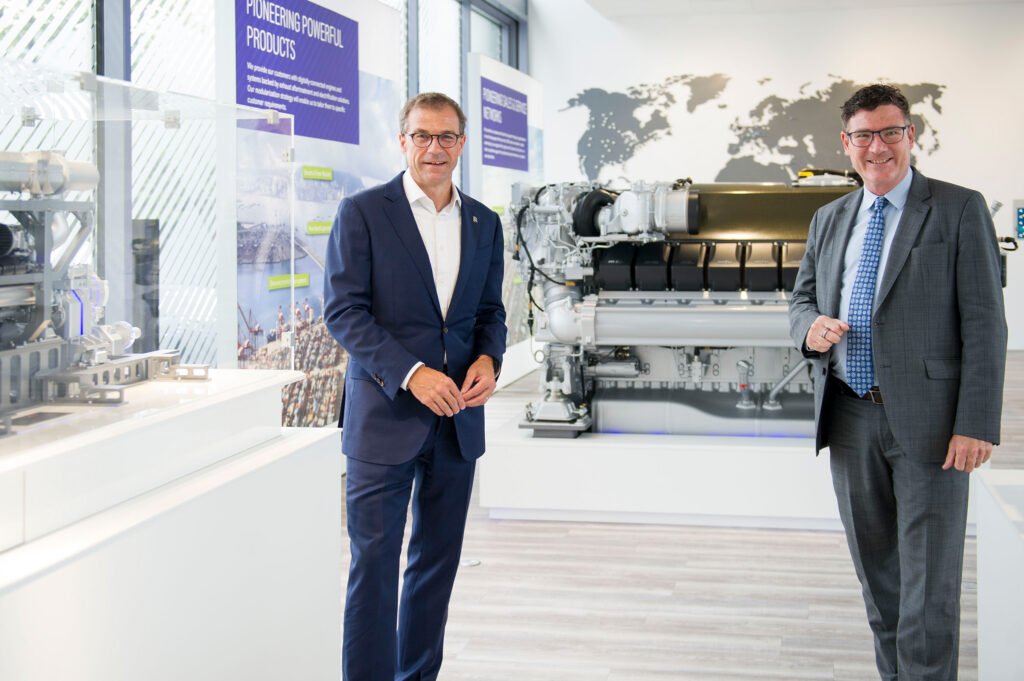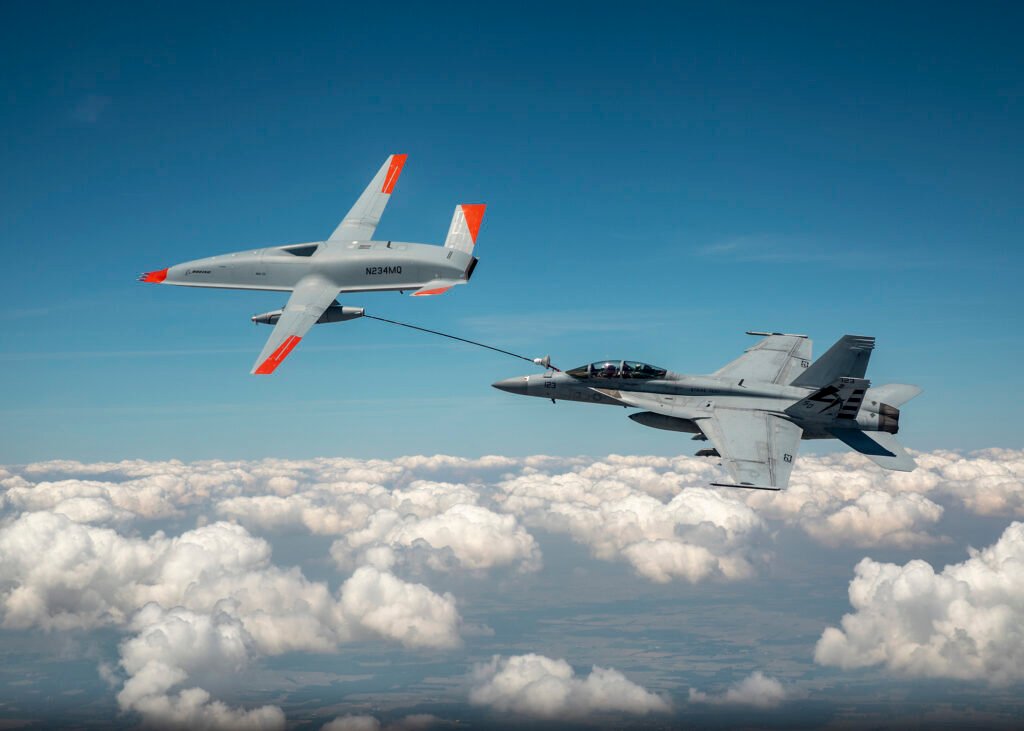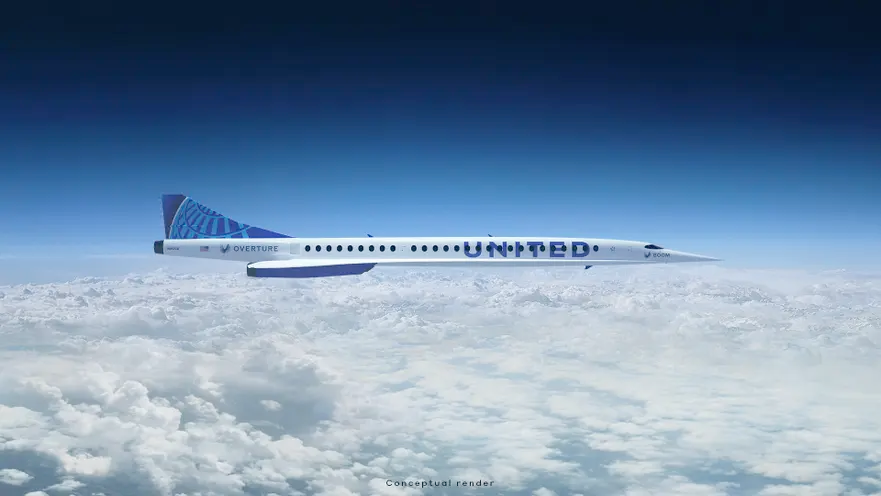Boeing Delivers First Operational Block III F/A-18 Super Hornet to the U.S. Navy
Arlington, Virginia, September 27, 2021 – Boeing [NYSE: BA] delivered the first of 78 contracted Block III F/A-18 Super Hornets to the U.S. Navy. Block III gives the Navy the most networked and survivable F/A-18 built…

